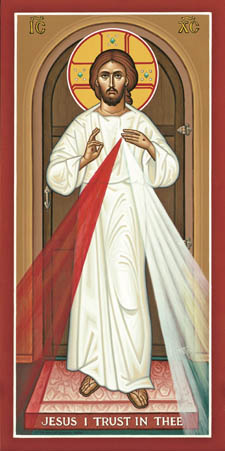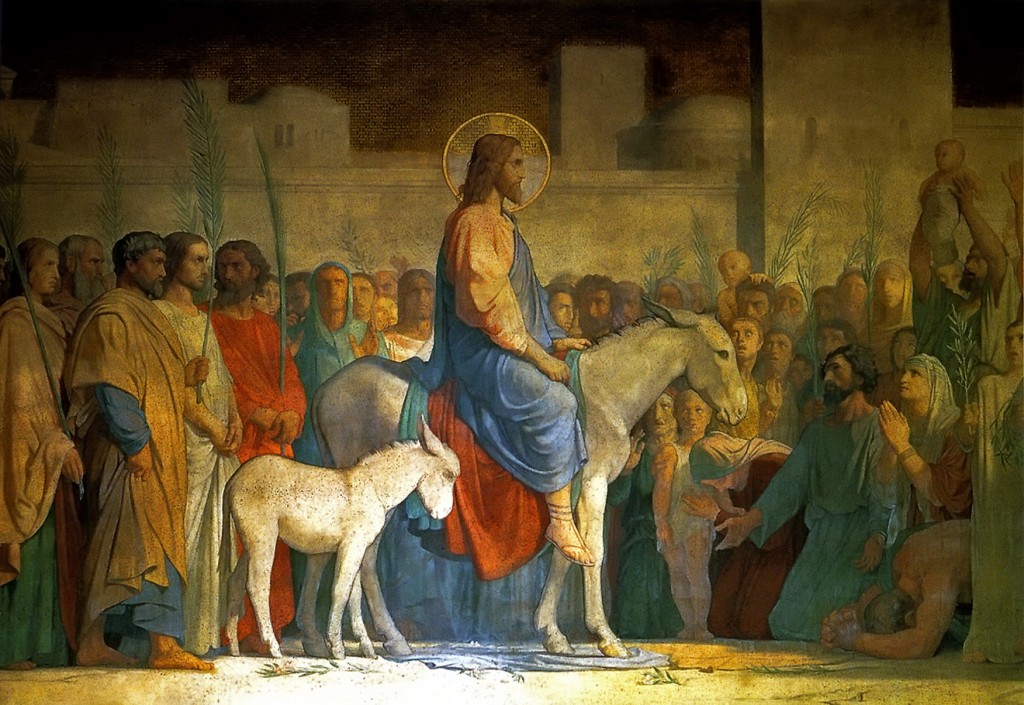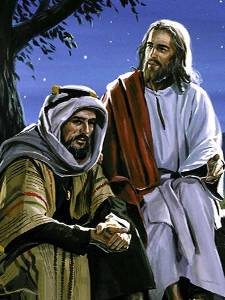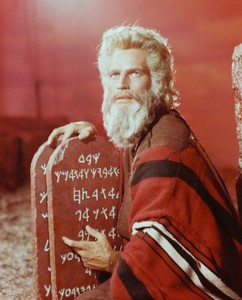Sunday Lectionary: Doubt and Mercy
 2nd Sunday of Easter: 15th April, 2012
2nd Sunday of Easter: 15th April, 2012
This Sunday, as well being the Second Sunday of Easter, it is also Divine Mercy Sunday (declared by Pope John-Paul II in April 30, 2000). The Readings in the Lectionary therefore accordingly celebrate and proclaim the great mercy of God.
Three times in our psalm we sing “His mercy endures forever”. In our Gospel, when the fearful Apostles encounter the Lord whom they abandoned, they are greeted not with anger and condemnation but with invitations of “peace”. Our First Reading describes the early Christian community’s response to this Divine Mercy. Because of their experience of God’s great love for them, they in turn loved one another. They cared deeply for the brethren and put themselves and their possessions at the service of the community. This great love for God and neighbour is further explored by St. John in this week’s Second Reading.
Eternal God, in whom mercy is endless and the treasury of compassion inexhaustible, look kindly upon us and increase Your mercy in us, that in difficult moments we might not despair nor become despondent, but with great confidence submit ourselves to Your holy will, which is Love and Mercy itself – Divine Mercy Chaplet



 In our First Reading last week we read about the giving of the Ten Commandments and this week we continue our Lenten tour through the high points of Old Testament Salvation History.
In our First Reading last week we read about the giving of the Ten Commandments and this week we continue our Lenten tour through the high points of Old Testament Salvation History. The First Reading and the Gospel this week recall events of epic proportion.
The First Reading and the Gospel this week recall events of epic proportion.